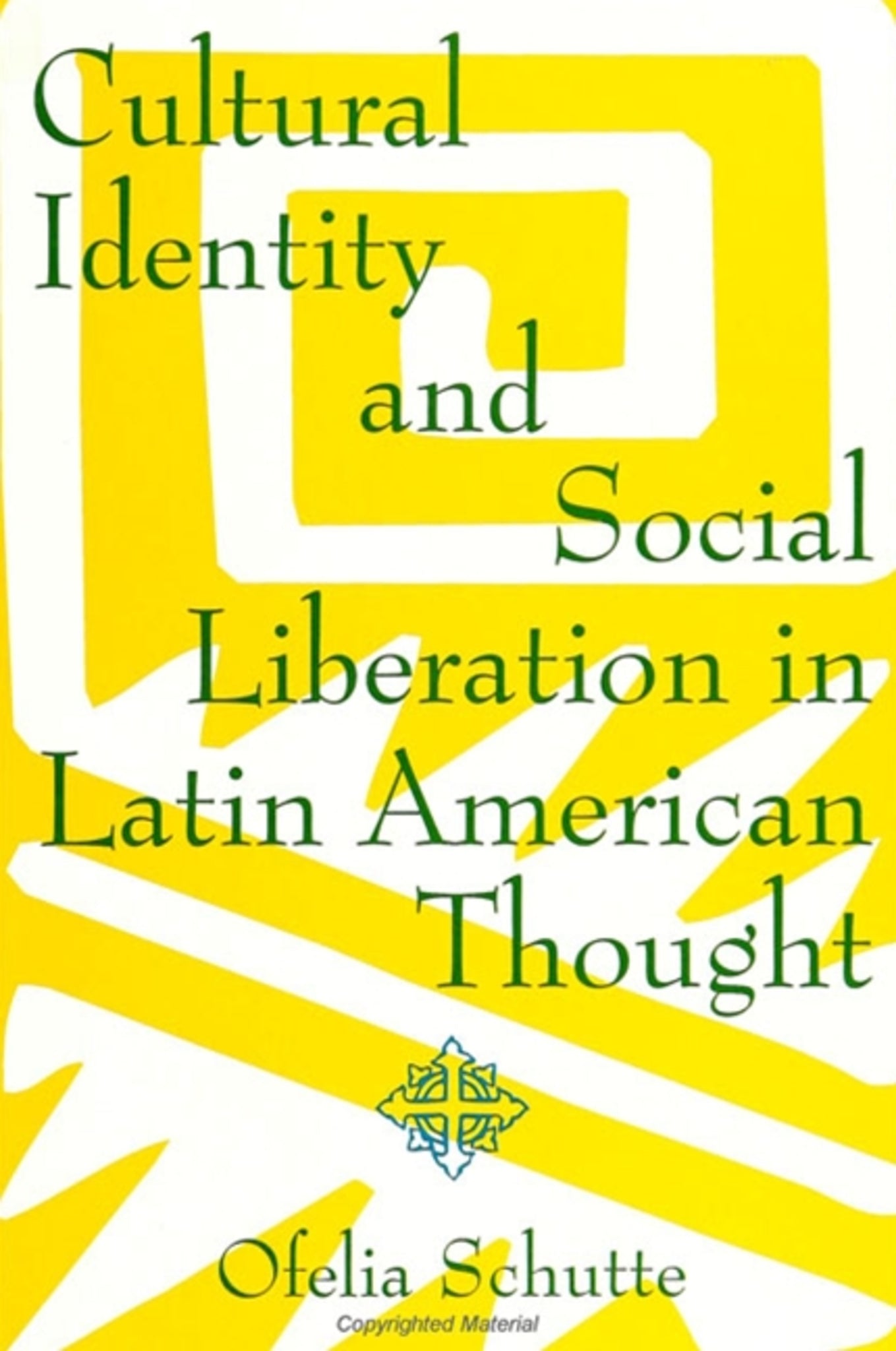We're sorry. An error has occurred
Please cancel or retry.
Cultural Identity and Social Liberation in Latin American Thought

Some error occured while loading the Quick View. Please close the Quick View and try reloading the page.
Couldn't load pickup availability
- Format:
-
18 March 1993

This book defines the relationship between liberation and cultural identity in the Latin American social reality—from a historically rooted, critical philosophy. Schutte explores the connections between the diverse political and intellectual movements for social liberation in Latin America since 1920. She analyzes the variety of attempts to give meaning to the complex and conflictive nature of Latin America's social reality, critiquing the work of Jose Carlos Mariategui, Samuel Ramos and Leopoldo Zea's early work, Gustavo Gutierrez, and Paulo Freire, among others.
Schutte's approach is philosophical with a distinctly interdisciplinary context. Her discussion of feminism brings the question of women's equality to the forefront of discussions on Latin American social thought. Concluding with the contemporary ethical and political implications, Schutte argues that liberation-oriented theories are sustained yet heterogeneous attempts to deal with Latin America's difficult economic, social, and political problems.


"This lively volume, rooted in careful thinking, is one of the most important books in Latin American thought published in the last twenty years. It integrates the discussion of social and political issues with the search for identity that has concerned Latin Americans for most of their recent history. The material is fresh and challenging." — Jorge J. E. Gracia, State University of New York at Buffalo
Acknowledgments
Introduction
1. Social Liberation, Identity, and the Recovery of Early Marxist Thought: Preliminary Observations
2. Mariategui's Socialist Anthropology
3. Philosophy and the Problem of Cultural Identity: From Ramos to Salazar Bondy
4. The Humanity of Mestizaje and the Search for Freedom: Zea, Roig, and Miro Quesada on Consciousness, Reason, and History
5. Consciousness on the Side of the Oppressed: The Theology of Liberation and Christian-Marxist Dialogue
6. The Philosophy of Liberation in Critical Perspective
7. Cultural Identity, Liberation, and Feminist Theory
Conclusion
Abbreviations
Notes
Bibliography
Index



